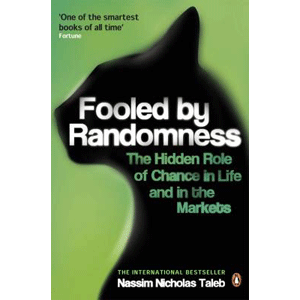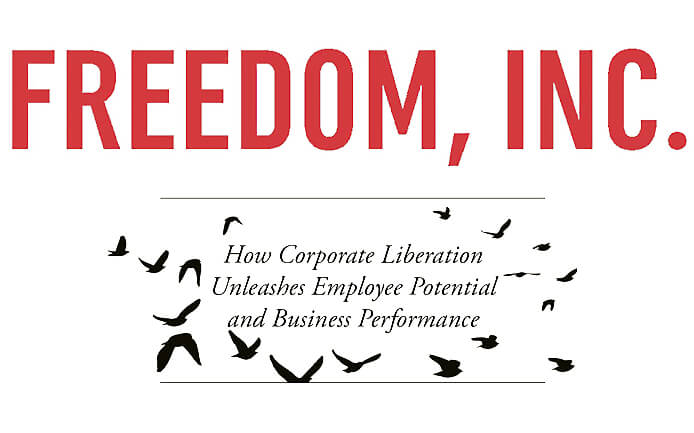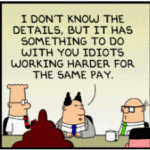 Taleb and Whitney of why incentives are just another sick game
Taleb and Whitney of why incentives are just another sick game
A big bank announced its annual profits—not very big this year—with a whole third of those going as bonuses for traders. Traders ususally make many jealous and some outraged. They shouldn’t. Listen to the former trader, now philosopher and author of Fooled by Randomness, Nassim Nicholas Taleb:
A ten-year survival rate for a trader is in the single digits. [And when] traders blow up… it does not just mean to lose money; it means to lose more money than one ever expected, to the point of being thrown out of the business (the equivalent of a doctor losing his license to practice or a lawyer being disbarred)…
More than 9 in 10 of these addicted and envied traders are forced in the real life “to pursue other interests” without much to take with them.
So if the incentive plans aren’t good even for traders (except for a small minority), perhaps incentives are still good for the companies. Here we’ll turn to our trusted source and the author of The Trust Factor (it was a pun), John O. Whitney for opinion (pp. 47-48). It’s a bit long but worth every word.
I have studied tens of dozens of so-called incentive plans and have found that although nearly all produce money for the individual participants none has made a dime for the firm. It is likely that my own experience is limited. Some of my respected colleagues insist that they have been able to measure the incremental contributions to the firm from incentive plans. I only ask them to consider the following questions. Over what period were the returns measured? Did the incentive program expand the market or the market share, or did it just move the sales from one period to another? Were you able to measure all the costs? In the case of a sales manager, did you measure the overtime that might have been required in manufacturing and distribution that was necessary to get the goods out the door? If it was an incentive for manufacturing, did quality stay high and finished goods inventories stay low? If it was an incentive for distribution to lower the unit shipping costs, were full carloads and full truckloads dispatched from the distribution center only to lie around in satellite warehouses or customer back rooms? Were you able to measure the hostility of those in the firm who were not included in the incentive plan? Did you measure the hostility of those who worked heroically to make the target but who missed because of circumstances out of their control?
Even though I have never seen an incentive plan that covered all these costs, such a plan may well exist. Suffice it to say that most of the ones I have studied have not only failed to make money for the firm, they have damaged it. I am aware that I am blaspheming a time-honored shibboleth, that I am alienating an army of human resource professionals, and that I am kicking a crutch out from under the arms of Frank’s boss and his ilk. But I remain steadfast. So-called incentive pay has become a surrogate for leadership, and a poor one at that. Pay for performance, reasonable as it sounds, is almost an oxymoron if the attempt is to tie performance to an individual or a single activity within the firm. Frank cannot, through his actions alone, make a sustainable improvement in the Accounts Receivable/Days Outstanding. Changes are required throughout the various functions of the company. Distribution, order entry, sales, marketing, and the billing department all are involved.
But the biggest waste of all is the damage to the human spirit, which destroys people’s commitments to the aim, mission, and objectives of the firm. People are trying to gain rewards in zero-sum games whose outcomes are dictated by chance and fortune. What senior managers have forgotten is that people doing the work know that in many respects they are merely pawns. They do the best that they can, they play the game, but while playing they wonder who is running the asylum.



